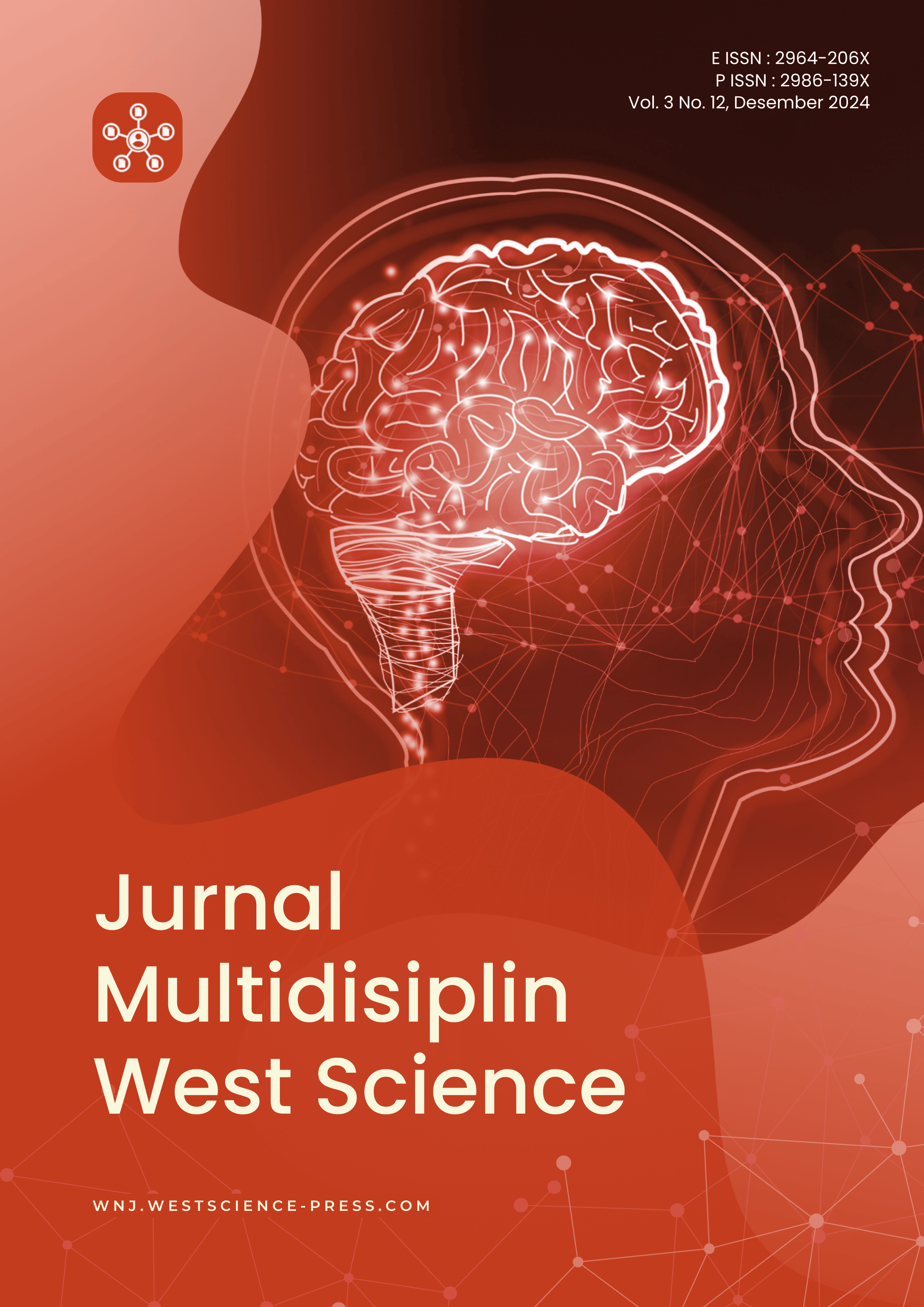Do Outstanding Employees Have More Responsibility in the Hotel? A Case Study in Moderation Effect Model at XYZ Hotel
DOI:
https://doi.org/10.58812/jmws.v3i12.1839Kata Kunci:
Employee, Hotel, Responsibility, OutstandingAbstrak
This study aims to analyze the relationship between educational background, work experience, and employee performance in the Room Division Department, consisting of 55 employees, 30 of whom are categorized as outstanding employees. The research examines the role of education and experience in exceptional performance and identifies key indicators of high-performing employees, such as high dedication, strong problem-solving abilities, initiative, and teamwork. The results show that employees with higher education and experience tend to exhibit outstanding performance, supporting human capital and job performance theories. This study contributes new insights into the diversity of backgrounds and optimal performance in the hospitality industry.
Referensi
Aguinis, H. 2019. Performance Management for Dummies. Wiley Publishing.
Baum, T., & Kokkranikal, J. (2005), Human Resource Management in the Hospitality Industry. International Journal of Hospitality Management.
Choi, G., & Parsa, H. G. (2007), Green Practices in the Lodging Sector: Impact on Guest Satisfaction and Loyalty, Cornell Hospitality Quarterly Journal, 2007.
Dalal, R. S., & Nolan, K. P. (2009). Using Multiple Evaluators for Workplace Assessments. Journal of Applied Psychology.
Hausknecht et al. (2009) explained Targeted Employee Retention: Performance-Based and Job-Related Differences in Reported Reasons for Staying, in Human Resource Management Journal (2029).
Huselid (1995). The Impact of Human Resource Management Practices on Turnover, Productivity, and Corporate Financial Performance, Academy of Management Journal, 1995.
Kim, J. & Holzer, M. 2016. The Role of Performance Management in Enhancing Employee Motivation and Productivity. Public Performance & Management Review Journal.
Kim, Y., & Park, H. (2019), Corporate Social Responsibility as an Organizational Attractiveness for Prospective Employees in the Hotel Industry, Sustainability Journal, 2019.
Kyndt et al. (2009). Employee Retention: Organisational and Personal Perspectives, Vocations and Learning Journal. 2009.
Lashley, C. (2008), Hospitality Experience and Employee Competency Assessment, International Journal of Contemporary Hospitality Management.
Murphy, K. R., & Cleveland, J. N. (1995), Understanding Performance Appraisal: Social, Organizational, and Goal-Based Perspectives, SAGE Publications.
Suki, N. M., & Suki, N. M. (2015), explained Impact of Employees’ Commitment on Sustainability Practices in the Hotel Industry, in Sustainability Journal, 2015
Unduhan
Diterbitkan
Cara Mengutip
Terbitan
Bagian
Lisensi
Hak Cipta (c) 2024 I Made Sucipta Adnyana, Ni Desak Made Santi Diwyarthi, Nyoman Gede Mas Wiartha, Nyoman Reni Ariasri, I Wayan Jata

Artikel ini berlisensiCreative Commons Attribution-ShareAlike 4.0 International License.



















 Instagram
Instagram 